

Founder's Spotlight: Sayem Faruk

Newsletter
Early Days: E-commerce and Catering
Sayem Faruk’s path into entrepreneurship began early, characterized by his resourcefulness and a keen sense of opportunity. While still a student at the Institute of Business Administration, University of Dhaka, he used his earnings from private tutoring to co-found Revel.com.bd, an e-commerce platform that sold rejected garment exports in the local market. It was a lean operation—a crash course in inventory management, logistics, and navigating customer challenges—but it taught him the fundamentals of operating a business in the real world.
In late 2015, Sayem transitioned to a new industry by joining Alpha Catering, a food and beverage venture. Over the next five and a half years, he helped the company raise investment, scale operations, and expand its customer base. Alpha became what he later described as his “bread and butter”—a venture he could’ve seen himself sticking with indefinitely.
That changed in 2020 when COVID-19 hit the hospitality industry hard. The Alpha team shrank from 40 people to just 6. For Sayem, it wasn’t just a business setback—it prompted a deeper question: how could he build something more resilient, and create opportunities for others in the process?
The Genesis of Airwork AI
That question led to what would eventually become Airwork AI. Toward the end of 2021, Sayem came across the DataBird LaunchPad pitch competition and entered with a prototype idea. He won a US$15K grant, which wasthe first real vote of confidence in what was, at the time, a rough sketch of a talent platform. This was soon followed by his selection into the Grameenphone Accelerator, which added another US$12K in funding. Early angel investment from Bangladesh Angels brought the total initial capital to just over US$70K—enough to build the first version of the product.
The company was originally branded as Remotely, and around this time, Sayem’s co-founder joined the venture. The platform officially launched in late 2022, with full operations beginning in January 2023, now rebranded as Airwork AI.
A pivotal moment occurred earlier, in 2020, when Sayem casually posted a prototype site he had built for fun on social media. Among those who noticed was Rahat Ahmed, founder and managing partner of Anchorless Bangladesh. He messaged Sayem directly, saying, “This is bigger than what you’re doing now.” That message lingered in Sayem’s mind. Although he wasn’t ready to pivot at the time, as the pandemic wore on and Alpha’s outlook dimmed, that conversation took on new weight.
Overcoming Initial Hurdles
Despite having prior experience running businesses, Sayem quickly realized that building a startup in the remote hiring sector presented its own unique challenges—challenges for which he didn't have a playbook. He had to learn how to incorporate a company in Delaware, navigate international legal structures, and pitch to investors who didn’t know Bangladesh from Bangalore.
“I thought I was good at pitching. I wasn’t,” he admits.
He also learned that marketplaces are capital-intensive; they don’t grow simply because the technology works. That phase of his journey highlighted a major gap: a lack of tactical, startup-specific guidance for founders from underrepresented markets. It’s one reason Sayem found that accessing comprehensive information on these topics was difficult, underscoring the need for resources like Exitstack.
Addressing Biases and Building Credibility
One of Airwork AI’s earliest—and hardest—challenges was establishing credibility. There was an entrenched perception that top-tier software talent could only be found in a select few “approved” regions. Sayem and his team had to prove otherwise.
To combat this bias, Airwork focused its messaging around outcomes, not origin. The platform showcased vetted talent from Bangladesh, India, Pakistan, and beyond, with clear portfolios, assessments, and performance records. One of the team’s most strategic early moves was hosting a public webinar featuring well-known global hiring experts. This initiative helped legitimize the brand and successfully onboard its first wave of clients.
Service Offerings and Future Vision
Airwork AI operates as a remote hiring engine, helping companies find the right talent or teams quickly, especially for early-stage technical projects. Its services include:
- Recruiting Tool – Clients can post jobs, access a vetted talent pool, and use assessments to screen candidates.
- Staff Augmentation – Clients can contract full-time remote professionals through Airwork.
- Headhunting – For companies hiring directly onto payroll, Airwork sources and screens permanent candidates.
- Project-Based Teams – Founders can bring in complete teams (designers, PMs, developers) to build and ship MVPs.
Looking ahead, the team is investing heavily in expanding its project-based offerings, particularly for founders building MVPs for fundraising or market testing. Airwork is also working on a “Talent API”—a system that will allow companies to integrate Airwork’s vetting engine directly into their own workflows. The long-term vision is to establish a universal “talent rating” system, similar to a credit score, which would help companies evaluate candidates faster and more objectively.
Lessons Learned and Advice for Entrepreneurs
Reflecting on his journey, Sayem emphasizes three key takeaways for new founders:
- Define the Problem Clearly – Don’t chase buzzwords or trends. Start with a real, felt need and make sure your solution targets it head-on.
- Relationships Matter – Fundraising is rarely a one-call process. Investors back people they trust, and trust takes time to build.
- Understand Your Capital Requirements – Marketplaces and B2B infrastructure businesses need more capital than you think. Do the math early and plan accordingly.
Recognition and Closing Thoughts
Airwork AI’s impact hasn’t gone unnoticed. The company recently won the Leolion Foundation’s “Future of Capitalism Startup Competition”, selected from over 450 ventures. The award brought with it not only funding but global visibility, furthering Airwork’s mission to unlock global talent through technology.
Sayem’s story isn’t about overnight success. It’s about building deliberately, learning publicly, and staying grounded in the problem you’re solving. As he puts it:
“We're just getting started. There’s still a long way to go—but the goal is clear: to make emerging market talent not just accessible, but indispensable to the future of work.”




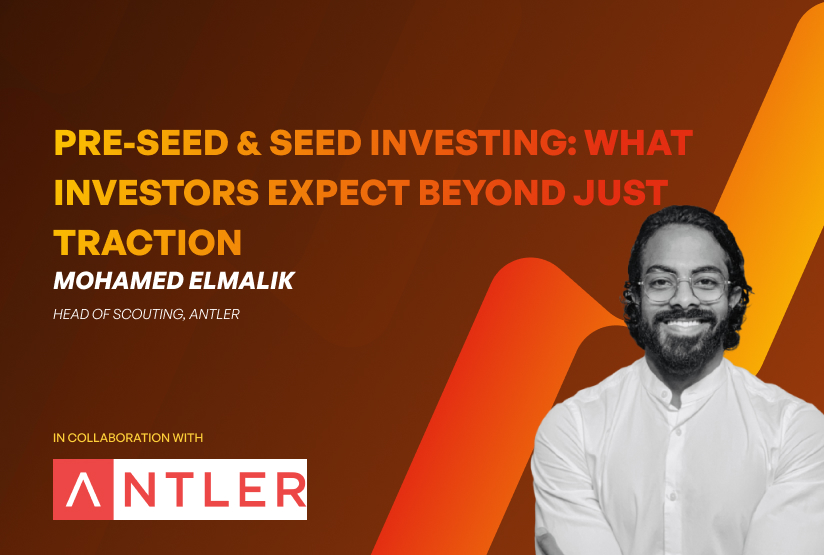
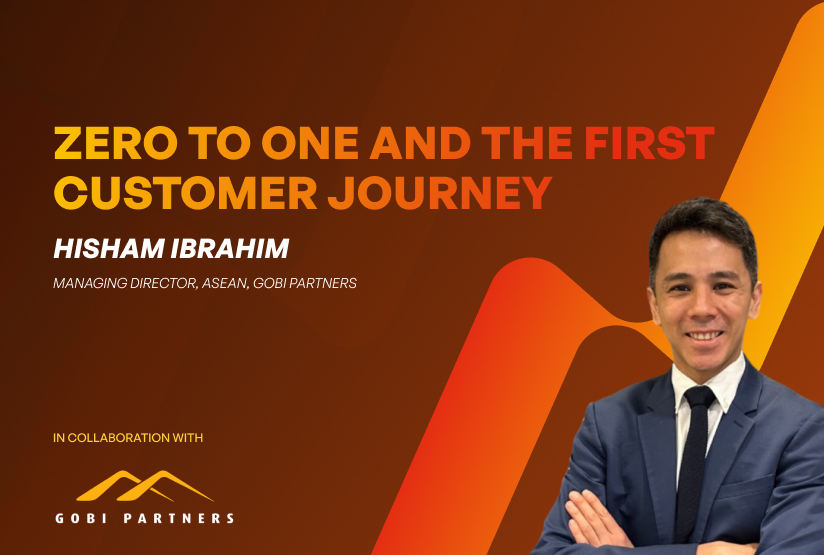
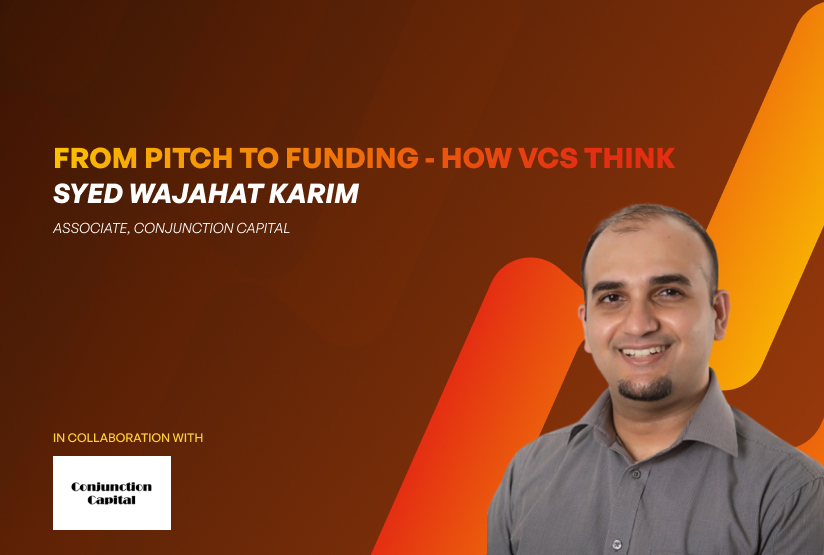
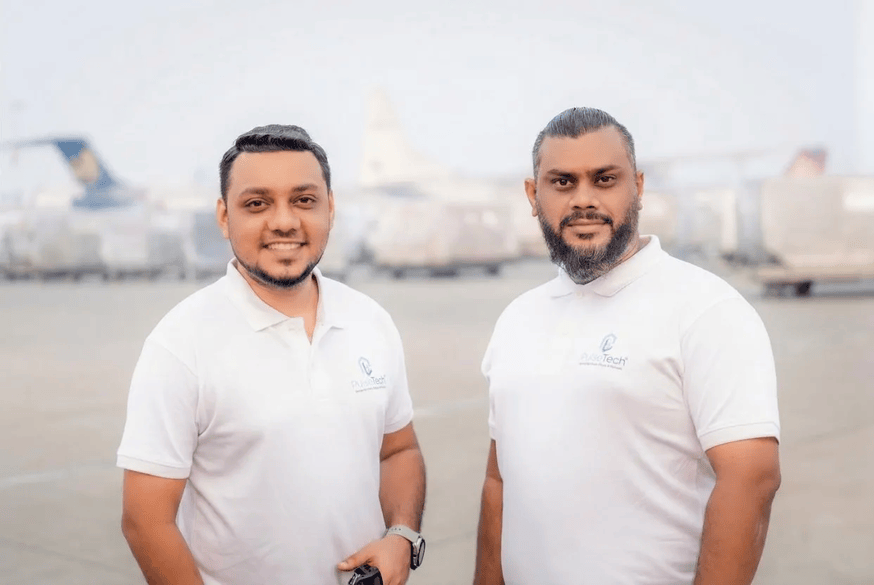

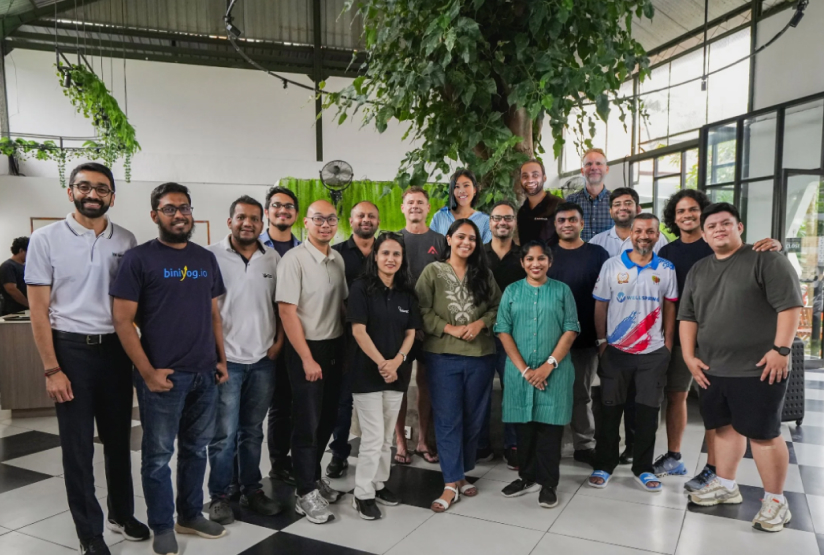
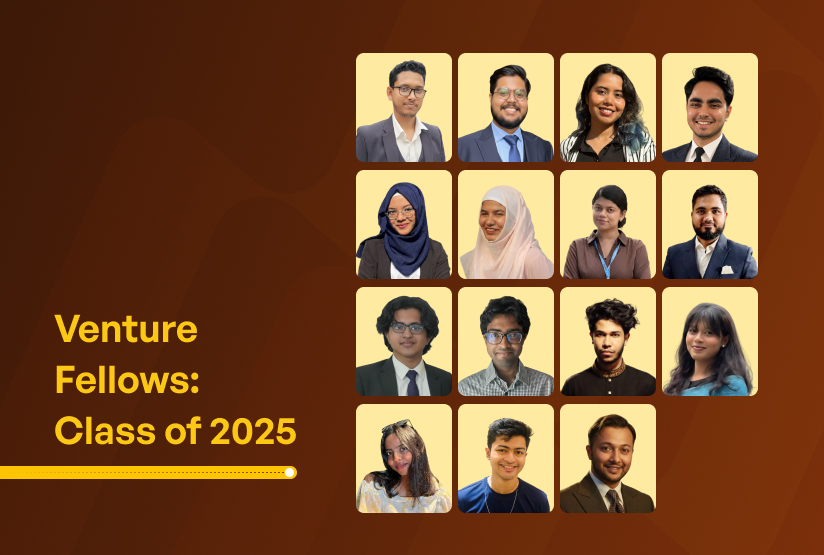









.jpg)
.jpg)





.jpeg)



.jpg)


















.jpg)


.jpg)
.jpg)

.jpg)
.jpg)



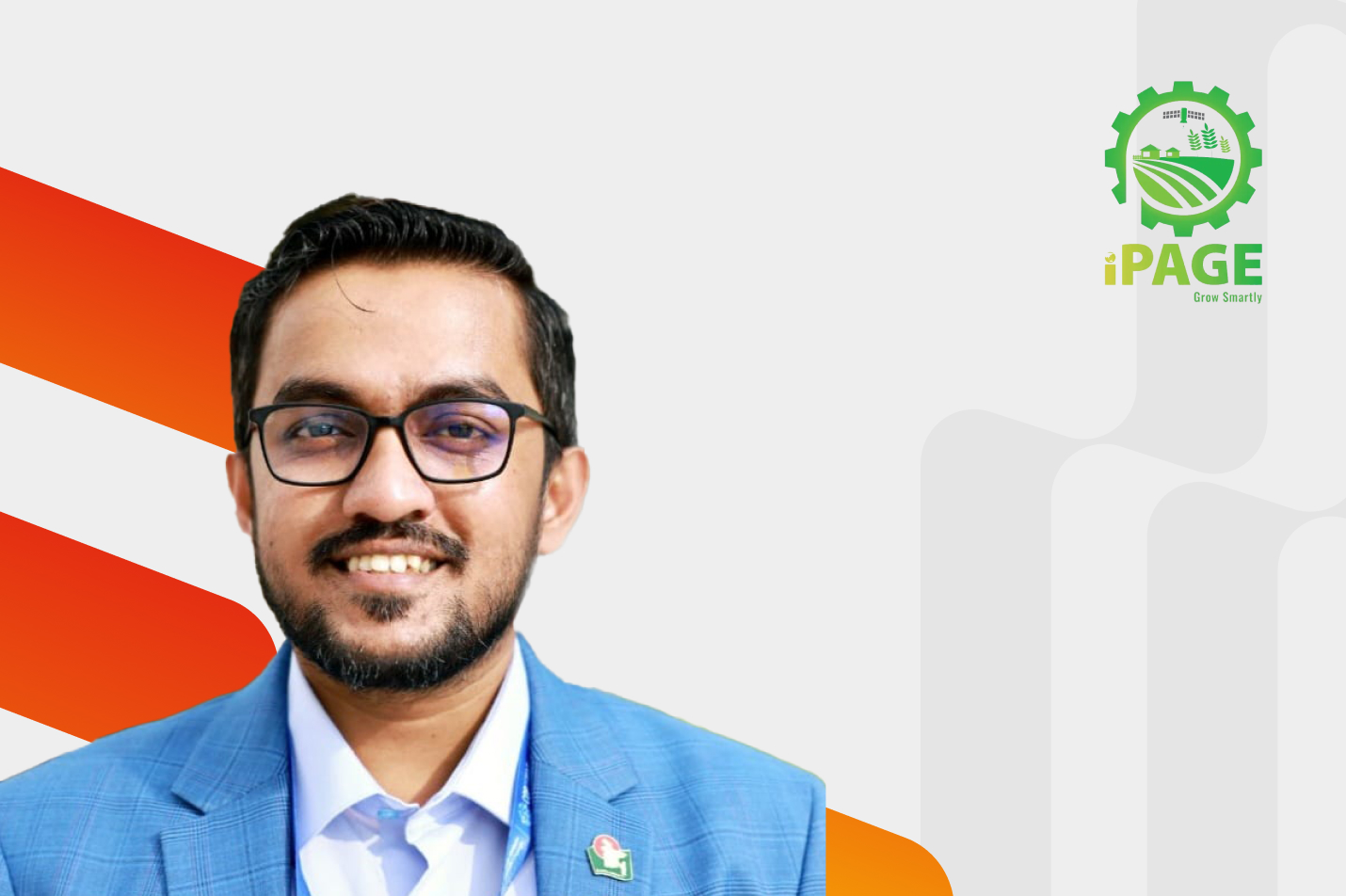














.jpeg)












..jpg)
..jpg)



.jpg)






